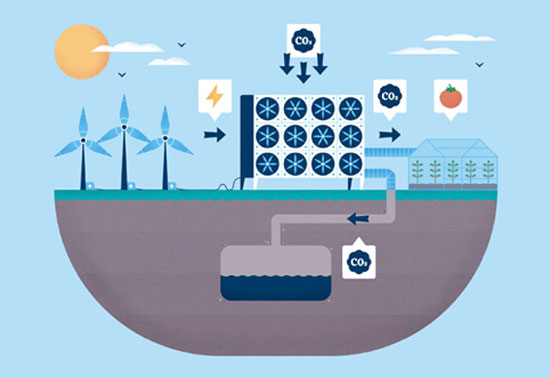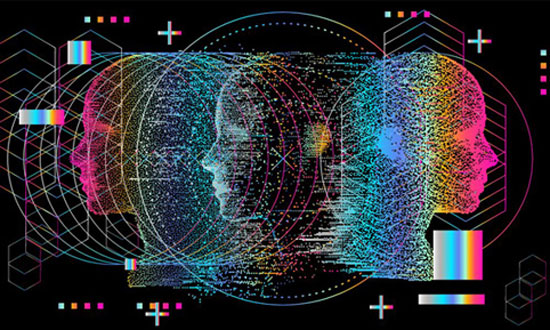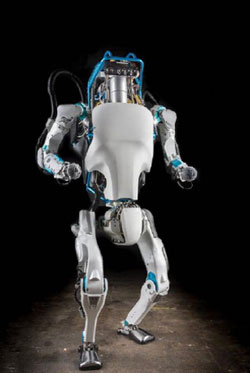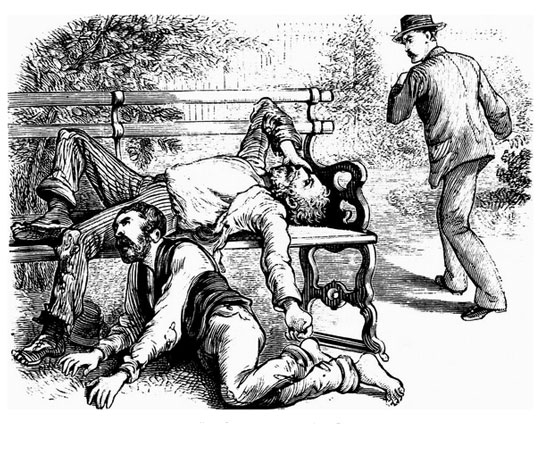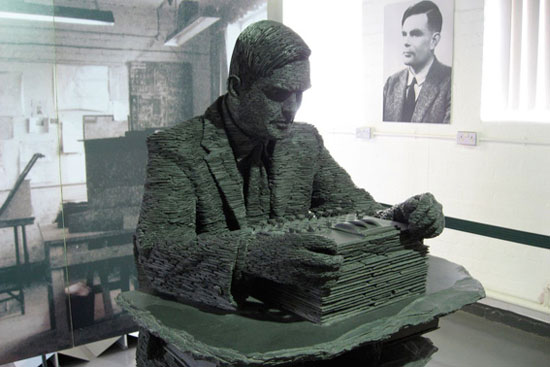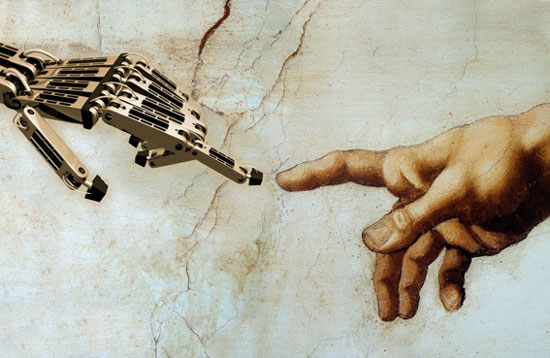Depending on whom you ask, geoengineering is either a threat to serious climate action, a distant backup plan, or a necessary part of today’s climate policy. Everyone would agree that …
Attention to competitors
While in Western capitalist societies “artificial intelligence” appeared in the sphere of consumption (e.g. chatGPT…) with the immediate aim of looting personal data and, in the near future, applications in …
Mechanical, very mechanical: comments on artificial general intelligence
Will smart machines produce value? Despite the plethora of related analyses, the entire discussion (at least in mainstream media) around artificial intelligence seems to have reached a dead end, trapped …
The ice
The uproar occurred when the British bank Coutts “froze” the account of fascist-mouth Nigel Farage, without notice and without explanations. However, the practice is at least 10 years old (in …
Transgenesis
They have been on this rotating rock called “Earth” long before us. They don’t bother anyone. They have the cute name “water bears” but at least 1,000 different species have …
robot wars: the empire of the USA and geopolitics in the robotic age
Robots fascinate humans. Whether it is dystopian stories of cyborg warriors or growing concerns about mass unemployment, the robot is a science fiction archetype that haunts our cultural unconscious. But …
Kronos does not eat his children. He eats space and time.
Today everyone is talking about artificial intelligence. They say it shows us the future. But can it take us on a journey to the past? – Of course it can. …
the great leap: immunity as capital, morbidity as investment
The term “natural capital” was first used in 1973 by E.F. Schumacher in his book “Small Is Beautiful” and was further developed by Herman Daly, Robert Costanza and other founders …
Sell yourself (by the kilo)
It’s not enough to be a recognized “persona” in the vast cyberspace… It’s not enough to be an influencer, youtuber, tiktoker or anything similar… It’s not enough to be paid …
the parrot’s question: how far does thought fly?
A man considered the godfather of artificial intelligence (AI) resigned from his job, warning about the increasing risks due to developments in this field.Geoffrey Hinton, 75 years old, announced his …
Automations
Although the UN (a creation of the winners of World War II) long ago went bankrupt as a peacemaker, at least its bureaucrats, now in the “final” phase of the …
do machines feel remorse?
In the 1990s, shortly after the successful cloning of the famous (or infamous) Dolly, one of the dominant themes of the discussions of the time regarding new technologies was that …

